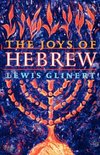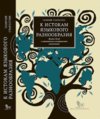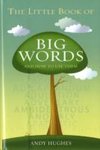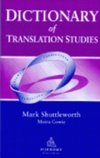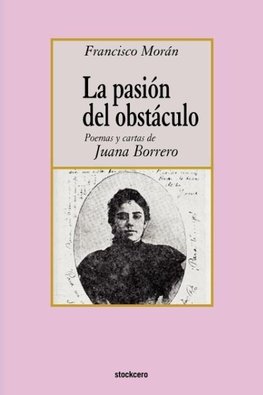
-
 Španielsky jazyk
Španielsky jazyk
La pasion del obstaculo - poemas y cartas de Juana Borrero
Autor: Francisco Moran
Juana Borrero (1877 - 1896) - Modernist poet, born in Puentes Grandes, Havana, Cuba. She also excelled in painting. As a poet, she was considered a precocious girl. Her father, Esteban Borrero, was a short stories writer of and a poet; and her sister, Dulce... Viac o knihe
Na objednávku
37.44 €
bežná cena: 41.60 €
O knihe
Juana Borrero (1877 - 1896) - Modernist poet, born in Puentes Grandes, Havana, Cuba. She also excelled in painting. As a poet, she was considered a precocious girl. Her father, Esteban Borrero, was a short stories writer of and a poet; and her sister, Dulce Maria Borrero, excelled at poetry and prose. Therefore, Juana grew up in an artistic and literary atmosphere, amid literary circles and gatherings attended by other writers like Carlos Pío and Federico Uhrbach, as well as Julian del Casal. While still very young, Juana took painting classes, first with Dolores Desvernine, and later on, in 1886, at the famous San Alejandro Academy of Fine Arts in Havana. She also studied with Armando Menocal, one of the most outstanding Cuban painters of the nineteenth century.
In 1892, Juana accompanied her father to New York, where she met Jose Martí, who organized a literary soiree in her honor at Chickering Hall. She returned to Cuba the following year. Her poems appeared in the anthology Grupo de familia, poesías de los Borrero, published in 1895, also the year in which the only book of poetry published by Juana Borrero appeared: Rimas. Juana's poems were also featured in La Habana Elegante, Gris y Azul y El Fígaro. In addition to valuable canvases and drawings of hers that still survive, she left an extensive epistolary that was published in Havana, in two volumes, between 1966 and 1967. These letters had their origin in the romantic relationship between Juana Borrero and Carlos Pío Uhrbach, which, because of the opposition of Esteban, Juana's father, had to be conducted through a secret interchange of personal letters.
In 1895, due to Esteban's involvement in the revolutionary cause, the Borreros were forced to emigrate to the United States. In Key West, where her family settled, Juana passed away on March 9, 1896. Shortly before dying, and already almost without the strength to write, she dictated the verses of her "Última rima", which would become, in fact, her last poem.
Although she died only months before turning eighteen, Juana Borrero is, in her own right, one of the most fascinating figures of the Hispano-American modernism. If she has not had all her well deserved recognition, it is only because her works had not been published outside Cuba until now.
Particularly the letters, but also the poems of Juana Borrero, constitute an essential reading for those interested in the Hispano-American modernism. These works will surely become required reading for anyone attempting to understand the workings of subjectivity - especially, but no only, regarding women - during the Latin American fin-de-siècle .
In addition to the critical and commented edition of the complete poetic works of Juana Borrero, the present book includes a selection of her letters, texts on Juana Borrero, photos and an updated bibliography.
- Vydavateľstvo: Stockcero
- Rok vydania: 2005
- Formát: Paperback
- Rozmer: 229 x 152 mm
- Jazyk: Španielsky jazyk
- ISBN: 9789871136407
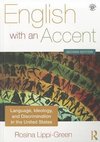

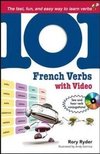
 Anglický jazyk
Anglický jazyk 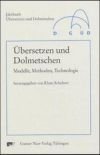
 Nemecký jazyk
Nemecký jazyk 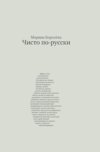
 Ruský jazyk
Ruský jazyk 
